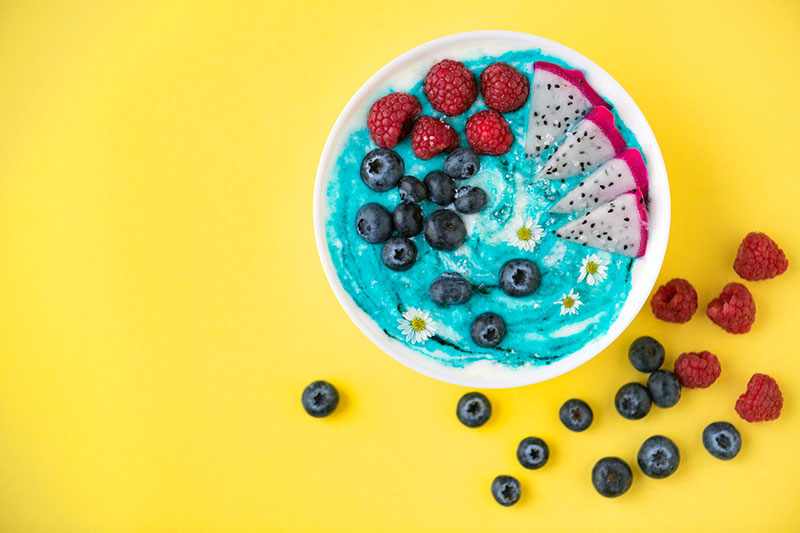 According to psychologists, depression is a serious mental health condition that requires immediate attention. Depression is typically exhibited as lack of energy and difficulty in maintaining focus or interest in life. Usually, people do not like to admit their depression in the open. According to research, there are approximately 300 million people worldwide and nearly five crore people in India suffering from depression. Luckily, there are some small things you can do to manage the stress and anxiety levels and keep yourself happy. Among them, eating the right foods comes first. Here’s a list of vitamins and nutrients that can help in boosting good mental health.
According to psychologists, depression is a serious mental health condition that requires immediate attention. Depression is typically exhibited as lack of energy and difficulty in maintaining focus or interest in life. Usually, people do not like to admit their depression in the open. According to research, there are approximately 300 million people worldwide and nearly five crore people in India suffering from depression. Luckily, there are some small things you can do to manage the stress and anxiety levels and keep yourself happy. Among them, eating the right foods comes first. Here’s a list of vitamins and nutrients that can help in boosting good mental health.
Vitamin C
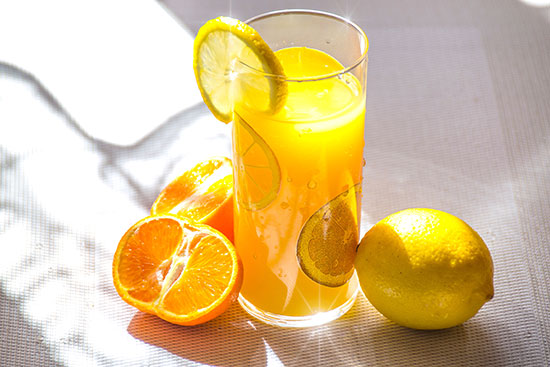
According to the doctors, Vitamin C can be effective in coping with depression. Vitamin C, plays a very important role in the production of serotonin — a chemical that is naturally produced in the brain and is responsible for the way one feels. In order to increase your Vitamin C intake, make spinach, oranges, grapefruits and peas a regular part of your diet.
Vitamin E

According to research, low levels of Vitamin E have been linked with anxiety and depression, since Vitamin E is an antioxidant which boasts many great health benefits. Recent research also suggests that eating foods high in vitamin E can lower the risk of Alzheimer’s disease and other mental health decline. To boost good mood through Vitamin E, eat chickpeas, oats, egg yolks. Also incorporate nuts and seeds such as peanuts, hazelnuts; olives, apricots, papaya, broccoli, avocado and basil in your diet.
Vitamin D
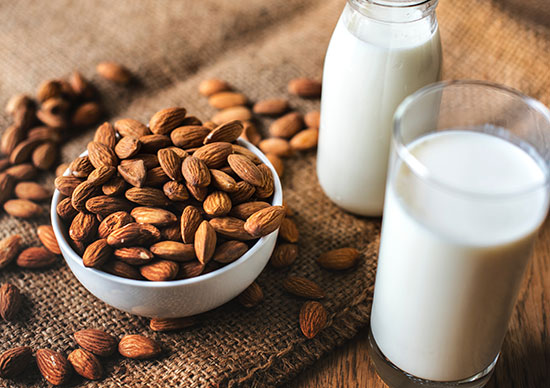
Vitamin D is the only vitamin that is also a hormone. When the Vitamin D is consumed or absorbed in the skin, it is transported to liver and kidneys and then converted to its active hormone form. Vitamin D activates the genes that regulate the immune system and thereby release neurotransmitters such as dopamine, serotonin that affect the brain function. A study revealed that an increased level of Vitamin D can lead to a decreased level of depression symptoms. While one can get Vitamin D from the sun, it’s also important to consume it through diet by eating foods such as fish, tofu, and milk.
Omega-3 Fatty Acids
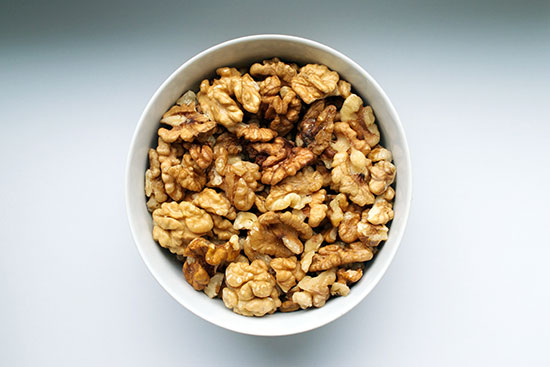
According to recent research, scientists claim that low levels of Omega-3 in the diet can be associated with depression. Eating just a small amount of these acids can have a positive effect on the mental well-being. Hence incorporate flaxseeds, canola oil, walnuts and dark green leafy vegetables in your daily dosage of diet. However, to understand how much of Omega-3 fatty acids your body requires, do consult a doctor because too much of Omega-3 can be harmful to health.
Protein
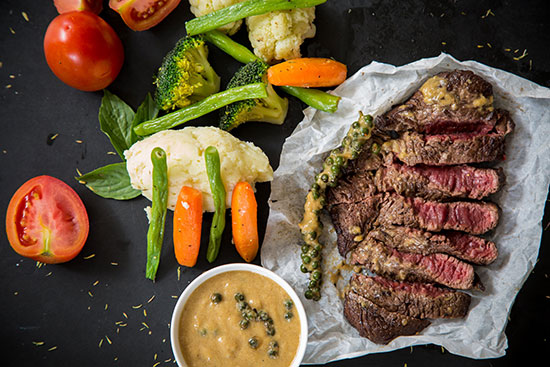
Usually people looking to shed those extra inches are asked by the dieticians to increase their protein intake. However a great benefit of foods rich in protein is also that it is rich in an amino acid called tryptophan which assists in the production of serotonin, which can help keep depression at bay. To reap the benefits, simply add more beans, peas, lean beef, to the diet. Peanut butter is rich in protein and one can consume it with brown bread which will also make for a great healthy and tasty breakfast.
Antioxidants
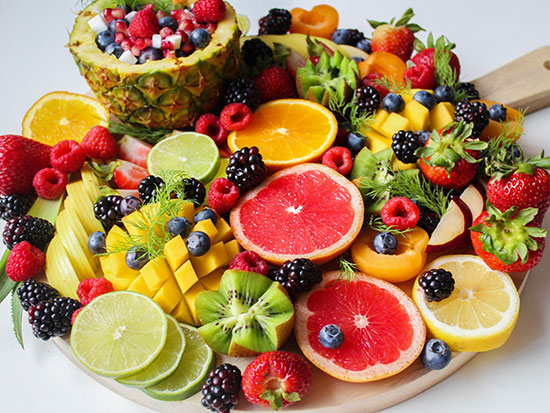
According to the doctors, antioxidants can eliminate damaging molecules called free radicals from our bodies. These free radicals often target the brain and antioxidants can help in a big way to reduce the likeliness of them affecting it. In order to increase the antioxidant levels consume foods such as apricots, raspberries, strawberries, blueberries, tomatoes, broccoli, kiwis, oranges, and peppers.
Selenium-rich foods

Studies have reported a link between low selenium and poor moods. The recommended dosage for selenium is 55 micrograms a day for adults, however do it under doctor’s consultation. Selenium-rich foods include legumes, lean pork, skinless chicken and turkey meat, Low-fat dairy products, and seafood such as oysters, clams, sardines, crab, saltwater fish, and freshwater fish, and also whole grains such as whole-grain pasta, brown rice and oatmeal.
Also read: Promoting healthy food habits in children


























